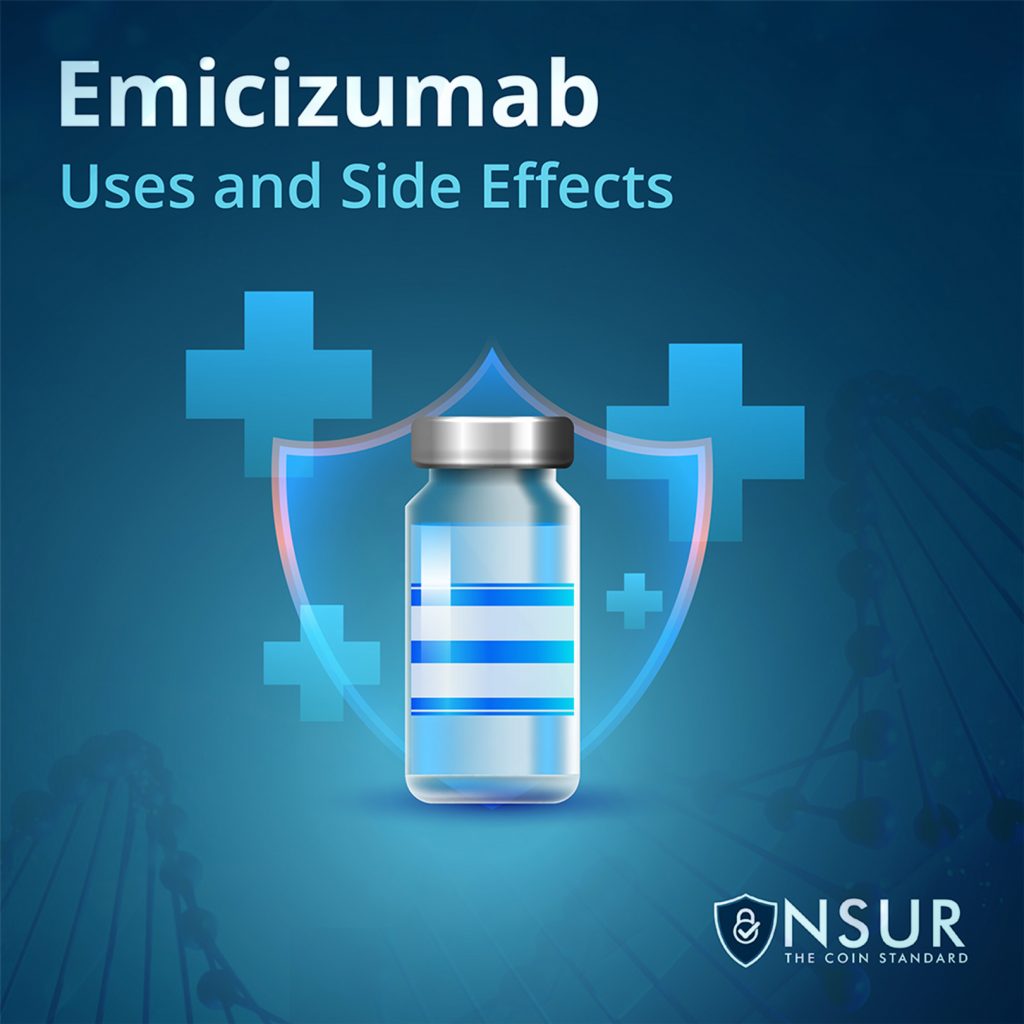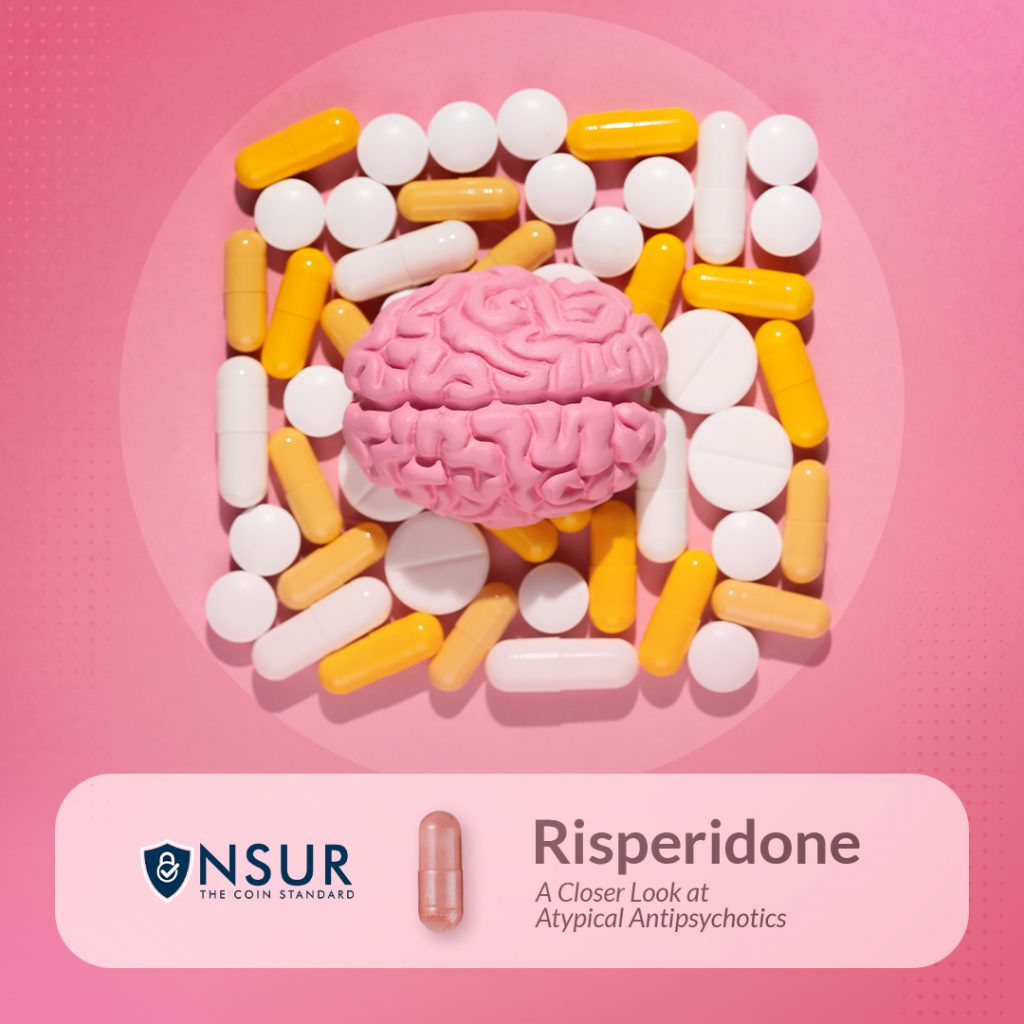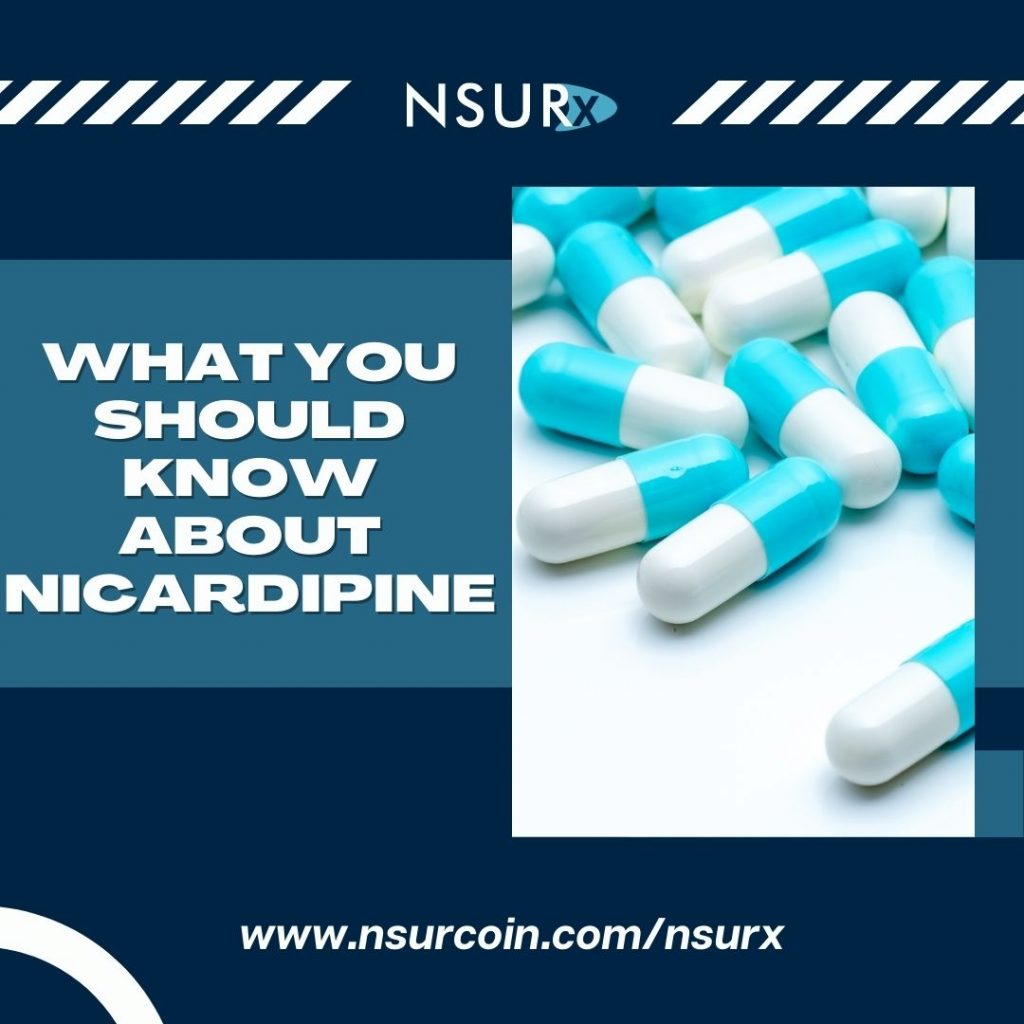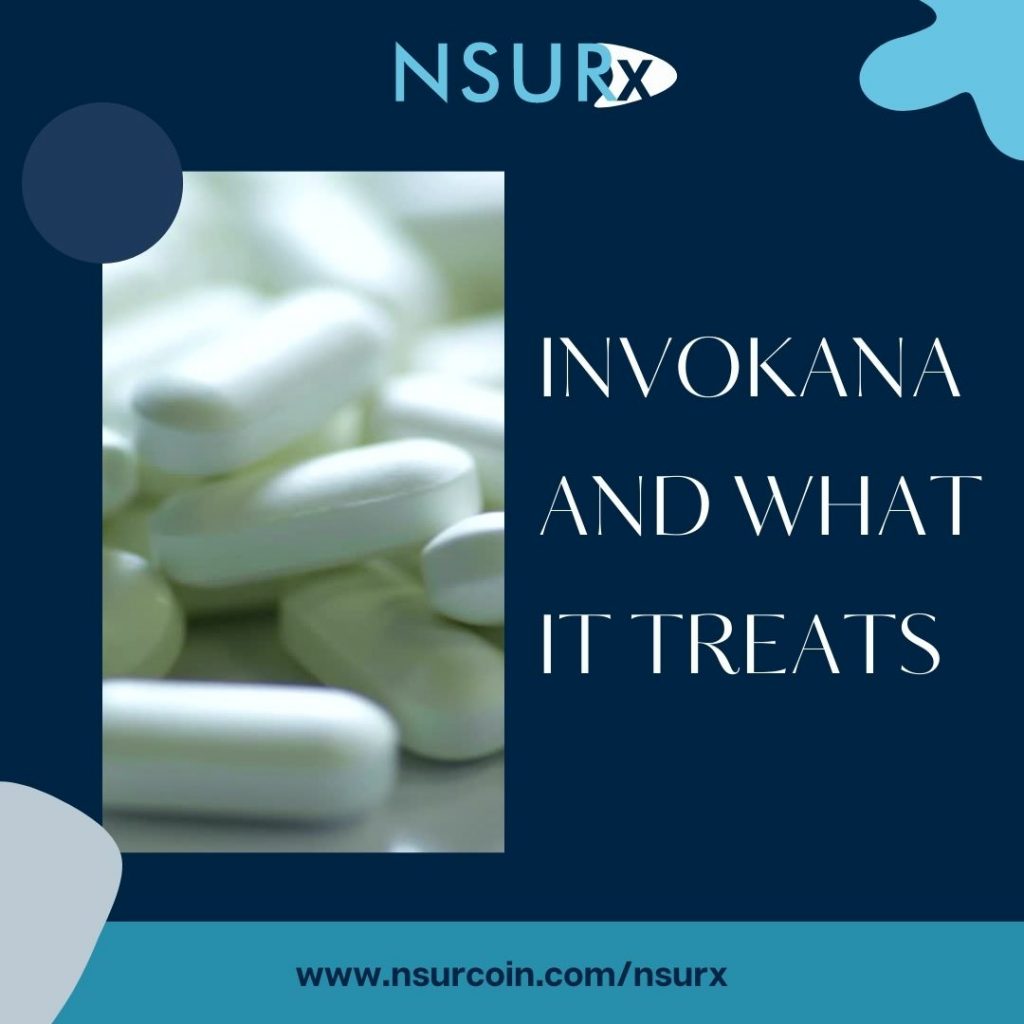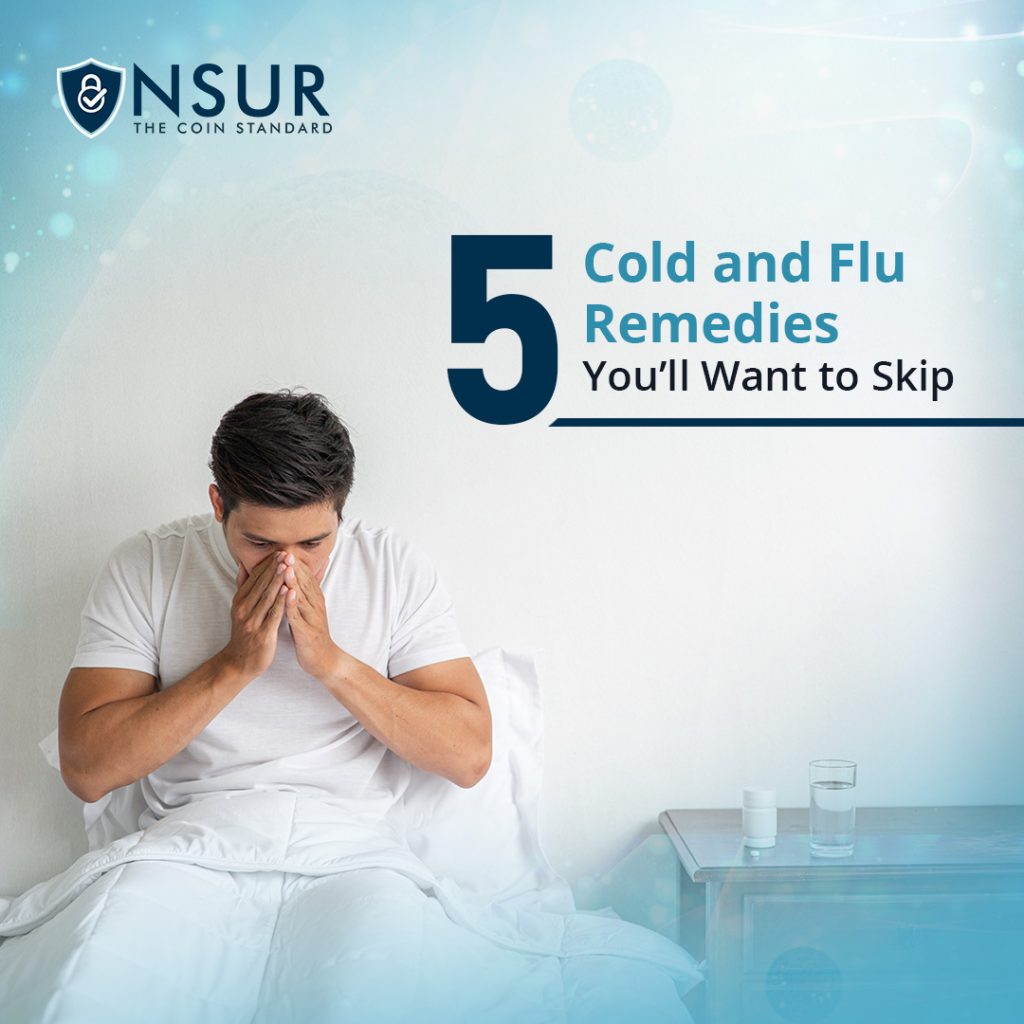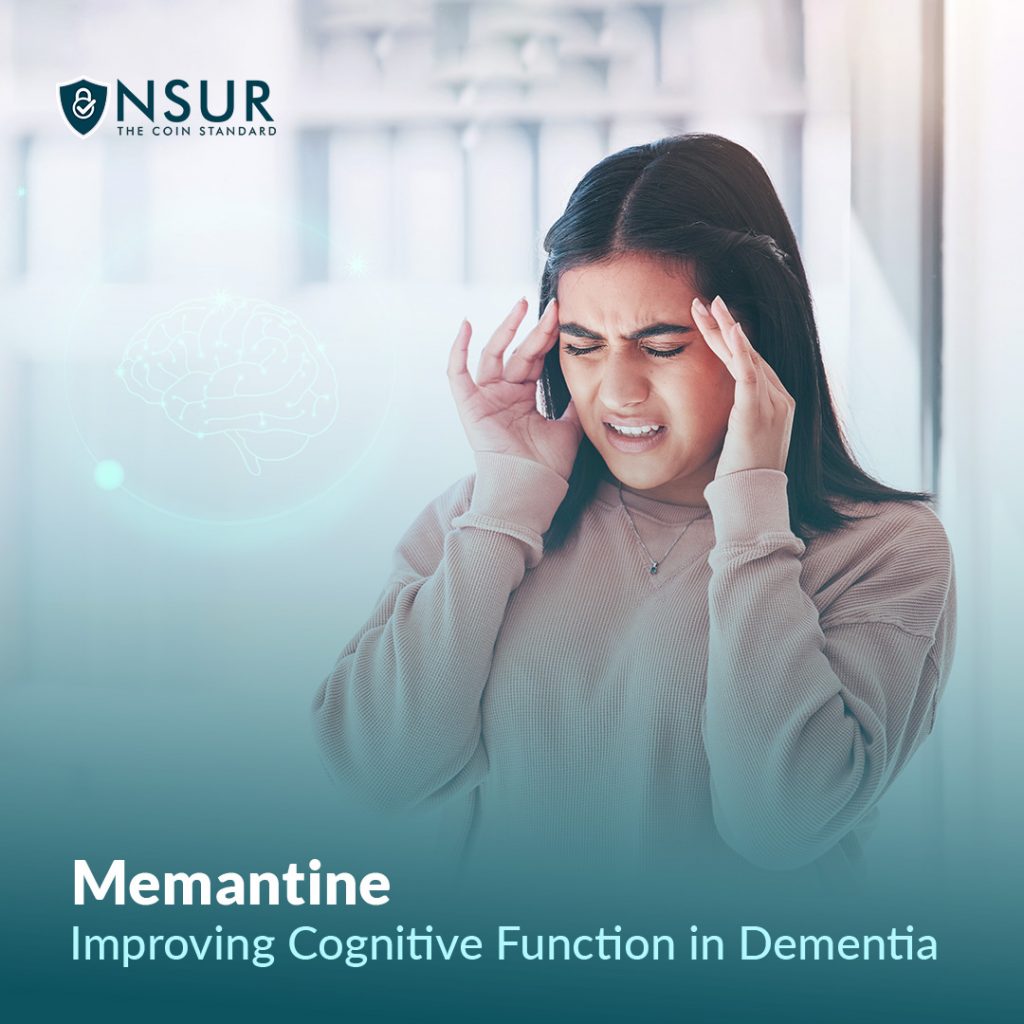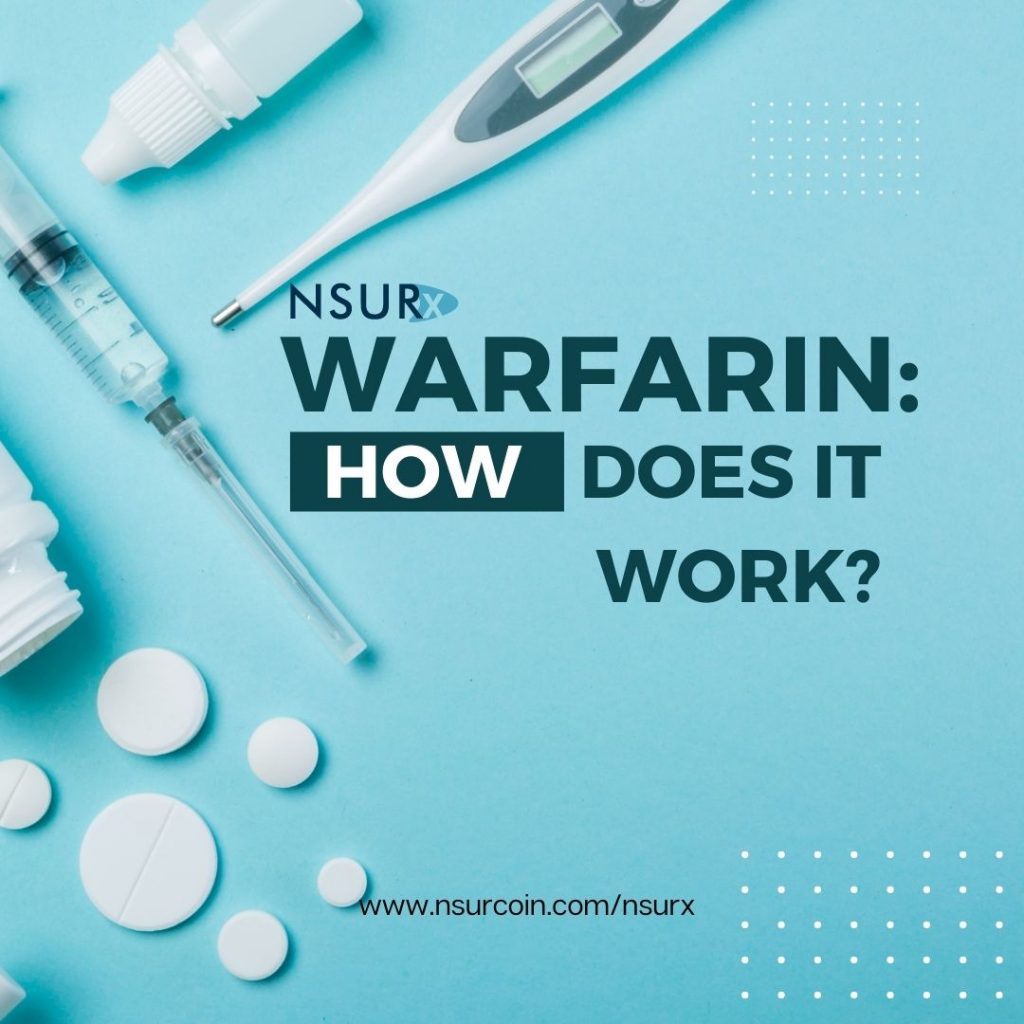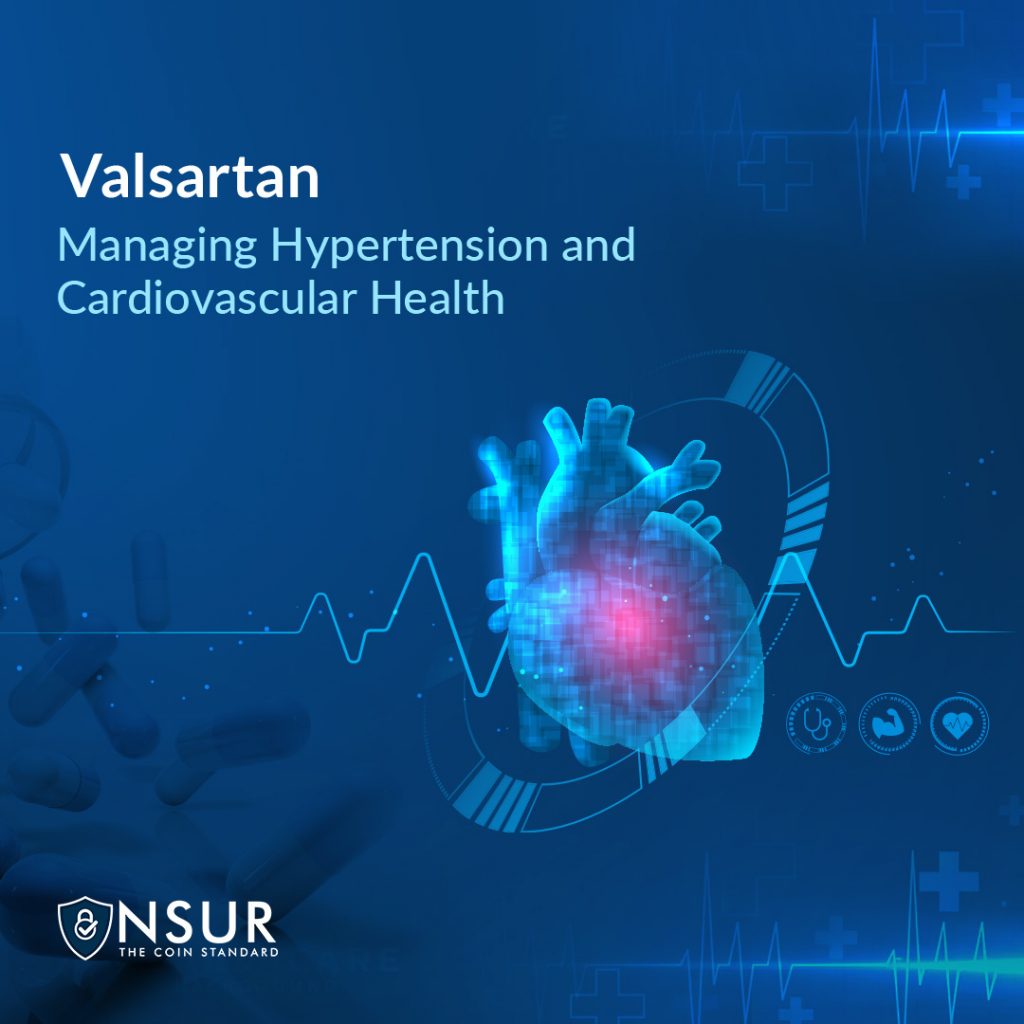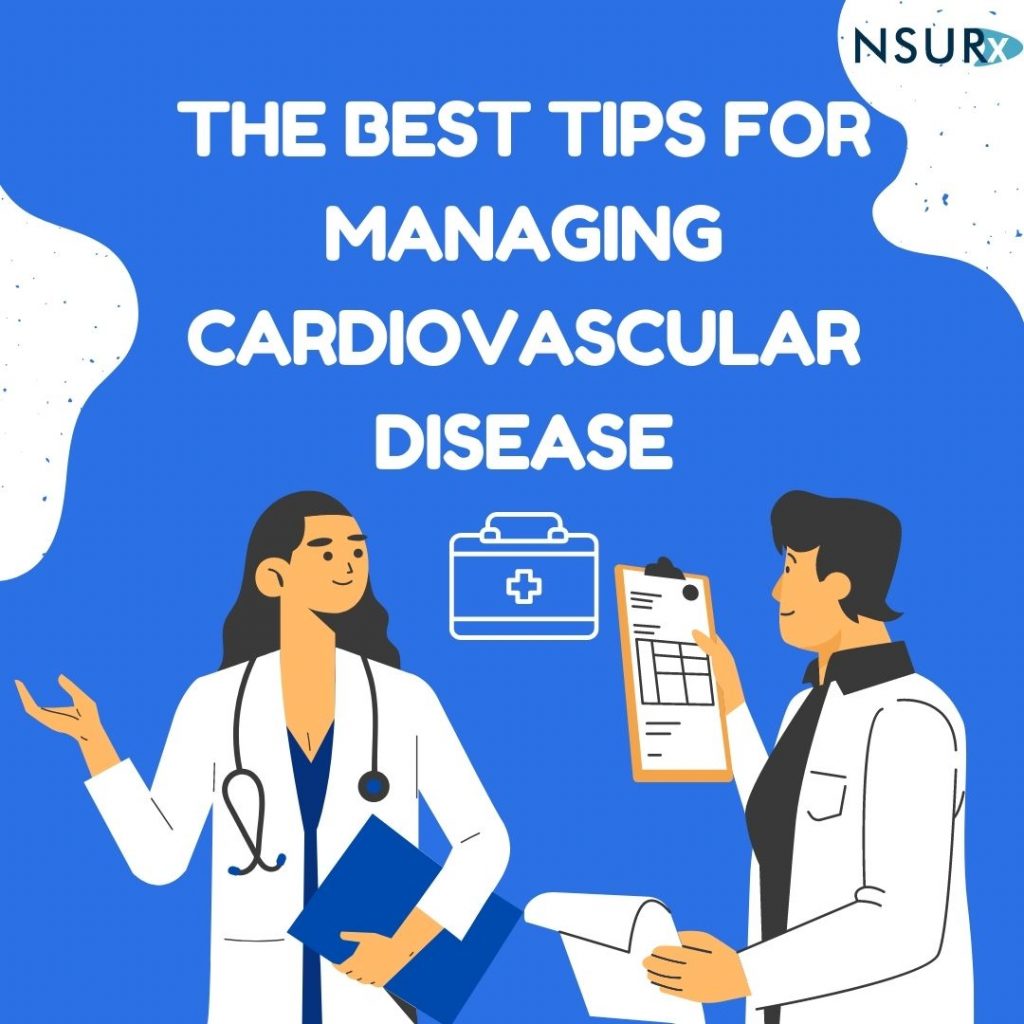
Cardiovascular disease refers to health conditions that impact the functioning of your heart or blood vessels. Cardiovascular disease can be prevented and managed with a heart-healthy diet and lifestyle, and medications.
Cardiovascular disease, or heart disease, is a common health issue that affects the heart or the coronary blood vessels.
Heart disease is a health issue that cannot be ignored. According to the US Centers for Disease Control and Prevention (CDC), ~660,000 people die from cardiovascular disease every year in the US alone. This makes heart disease the number 1 killer of Americans, with ~25% of deaths in the country caused by it annually.
How does heart disease lead to death?
In patients with heart disease, the coronary arteries (also known as blood vessels) that carry blood to the heart are either narrowed or obstructed. Cholesterol and fat deposits in the arterial walls, called plaque, are often the culprits to blame for these narrowings or obstructions.
Smoking, high blood pressure, high cholesterol, diet, inactivity, and obesity can all raise one’s chances of developing heart disease.
Regardless of the cause or causes, when a patient experiences decreased blood flow to the heart, a heart attack – also known as a myocardial infarction – will likely occur. If the patient doesn’t get help right away, they risk losing part of their heart or even dying.
When it comes to heart attacks, obvious symptoms are likely to appear in a very short period of time.
Common heart attack symptoms include:
- Feeling of fullness, pressure and/or squeezing in the chest in the middle or on the left side
- Swelling or pain in the upper body
- Shortness of breath
- You feel like throwing up
- Light-headed
- Getting cold sweat
Ways to prevent heart disease
If you want to prevent heart disease from affecting you or a loved one, there are several key actions you can take:
- Choose heart-healthy foods
- Keep healthy weight and get regular physical activity
- Quit smoking
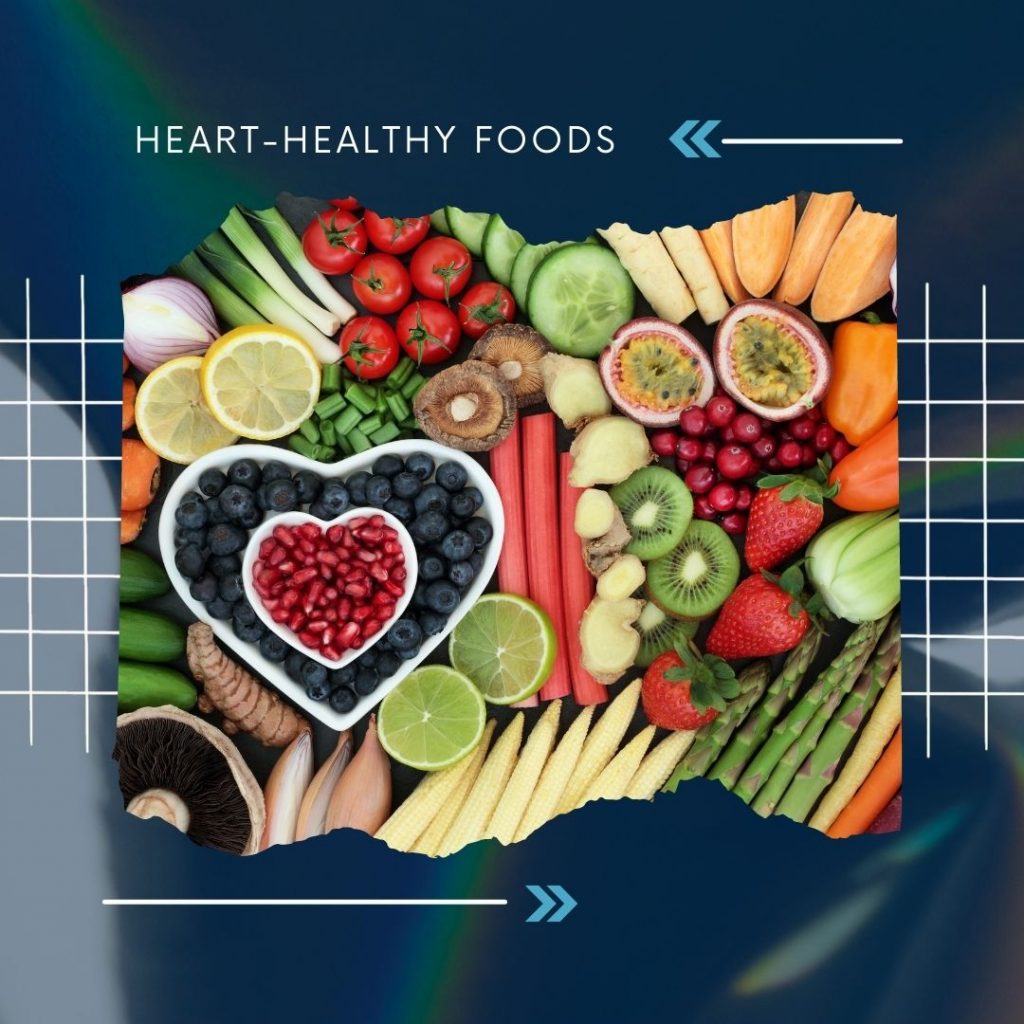
1. Choose heart-healthy foods
What you eat has an impact on your heart health. Eat a heart-healthy diet by following these guidelines:
- Try to limit your intake of saturated fat. Limit your intake of high-fat dairy and fatty meats. Restrict your intake of foods such as burgers, pizza, and creamy sauces or gravies.
- Reduce your salt intake (salt). Choose low-sodium foods by checking the Nutrition Facts label. For example, canned soups, canned vegetables, packaged meals and snacks can all be found in the “low sodium” or “no salt added” sections of the grocery store aisles.
- Increase your intake of fiber. Adding fiber to your diet is simple: eat a variety of fruits, vegetables, legumes, and whole grains.
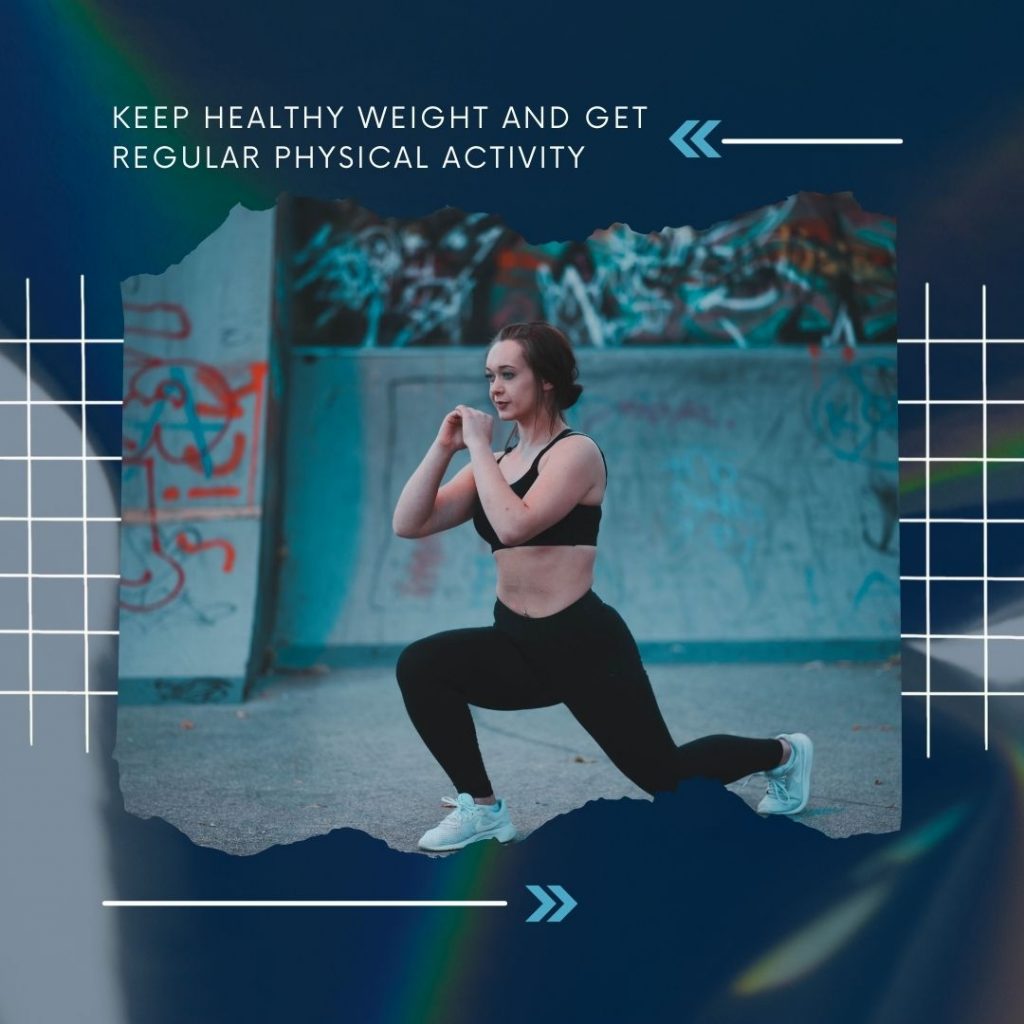
2. Keep healthy weight and get regular physical activity
Keeping your weight to a healthy range for your body is a key component of making sure your heart is not overstressed. Beyond diet, exercise is a good way to keep the pounds off.
Aim to get in ~30 minutes of exercise 3-5 times per week. Taking part in aerobic (or “cardio”) exercise raises your heart rate and improves your cardiovascular health. During moderate intensity exercise, your heart will beat faster and you’ll breathe harder than normal, but you’ll still be able to communicate.

3. Quit smoking
One of the most important things a person can do to better their health is to stop smoking. Regardless of their age or length of smoking history, this is true.
Smoking reduces the risk of premature death and can add as much as 10 years to life expectancy, according to the American Lung Association. It also improves the health of pregnant women and their fetuses and babies, and reduces the financial burden that smoking places on society and healthcare systems.
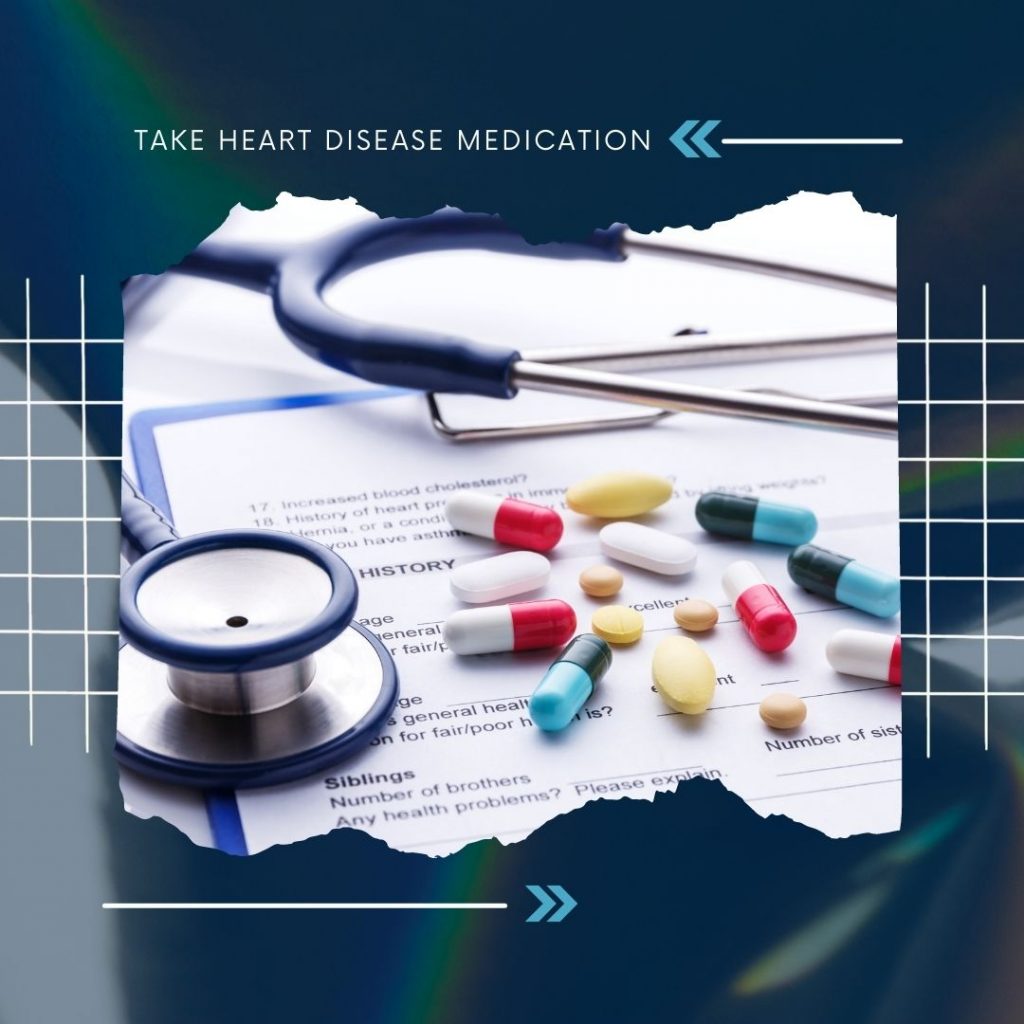
4. Take heart disease medication
Depending on your specific health profile, your doctor may prescribe a heart medication to prevent or treat cardiovascular disease.
Common medications include:
NSURx can reduce the cost of your heart medications
Heart medications can be expensive, regardless of if you are insured or uninsured. Worry no more! NSURx is a prescription discount card that might help you save money on your heart medication prescriptions.
Prescription costs can be significantly reduced by using NSURx at more than 35,000 pharmacies – including Walgreens, CVS, and Walmart. Just present your NSURx Prescription Benefit Card to a pharmacist to get your discount.
When you use NSURx, you will also receive NSUR Coin tokens for participating in our community. These tokens can be used to buy goods and services in NSUR’s shopping network.

